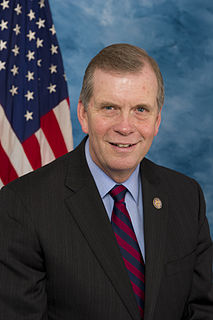A Quote by Henry Hazlitt
A certain amount of taxes is of course indispensable to carry on essential government functions. Reasonable taxes for this purpose need not hurt production much.
Related Quotes
The government taxes you when you bring home a paycheck.
It taxes you when you make a phone call.
It taxes you when you turn on a light.
It taxes you when you sell a stock.
It taxes you when you fill your car with gas.
It taxes you when you ride a plane.
It taxes you when you get married.
Then it taxes you when you die.
This is taxual insanity and it must end.
To lay taxes to provide for the general welfare of the United States, that is to say, 'to lay taxes for the purpose of providing for the general welfare.' For the laying of taxes is the power, and the general welfare the purpose for which the power is to be exercised. They are not to lay taxes ad libitum for any purpose they please; but only to pay the debts or provide for the welfare of the Union.
You could not possibly maintain the current level of government taxation without the taxes being hidden, and they are hidden in two very different ways. They are hidden through withholding, but they are also hidden by being imposed on business, supposedly on business, when really, of course, business can't pay taxes, only people can pay taxes.
By the standards of honest, if unorthodox, accounting, government workers don't pay taxes, but are paid out of taxes. In other words, they pay taxes out of money confiscated from taxpayers, who, in turn, pay taxes twice: on their own income and on the income of members of the bureaucracy. At the very least, this should disqualify state workers from voting.
Taxes, well laid and well spent, insure domestic tranquility, provide for the common defense, and promote the general welfare. Taxes protect property and the environment; taxes make business possible. Taxes pay for roads and schools and bridges and police and teachers. Taxes pay for doctors and nursing homes and medicine.








































